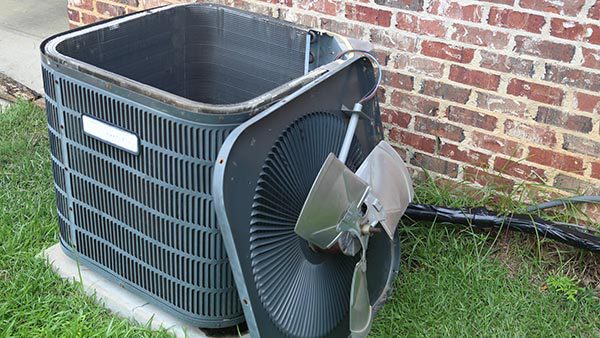When the sun blazes high in the sky, few things are as refreshing as the cool breeze produced by an air conditioner. However, the unmistakable sound of water dripping coupled with a suspiciously noisy operation can transform that refreshing respite into a source of stress. If your air conditioning unit is spitting water and making unwanted sounds, don’t despair. This guide will help you understand the intricacies behind this perplexing issue and provide actionable insights to restore tranquility to your cooling oasis.
Why is my AC Spitting Water?
Firstly, it’s essential to understand the mechanics behind your air conditioner. Typically, an AC unit is designed to remove heat from the air, and while doing so, it also dehumidifies the moisture. This condensation collects in a pan and is usually drained away. However, leaks can occur for several reasons:
- Clogged Drain Line: One of the most common culprits is a clogged condensate drain line. Over time, dirt, algae, and other debris can accumulate, leading to a blockage that forces water to back up and spill over.
- Dirty Air Filters: Air filters that are saturated with dirt and debris can impede airflow, causing the evaporator coil to freeze. When the unit turns off, the ice melts, leading to excess water that can overflow the drain pan.
- Improper Installation: An air conditioner that isn’t leveled correctly may result in improper drainage. This misalignment can cause water to pool in unintended areas, triggering leaks.
- Low Refrigerant Levels: Insufficient refrigerant can also cause the evaporator coil to freeze. Once the unit defrosts, the resulting water may overwhelm the drainage system.
Identifying the Source of Noise
Besides the moisture challenge, a noisy air conditioning unit can be equally concerning. The onslaught of strange sounds can range from a gentle hum to an unsettling clatter. Here are some common observations:
- Banging or Clanking: This often indicates loose or broken components. It could be a sign of a worn-out fan blade or an internal part that needs immediate attention.
- Hissing: If you hear a hissing sound, it may be a refrigerant leak. This situation not only affects performance but can also pose safety hazards. Immediate action is advisable.
- Squealing: Typically stemming from a worn-out motor bearing, squealing noises are distress signals that should prompt a professional inspection.
- Rattling: Loose screws or external debris can cause rattling sounds. Taking time to inspect the condenser unit for foreign objects may alleviate this issue.
Step-by-Step Troubleshooting
Before calling a professional, there are several steps you can take to troubleshoot these issues. Each step is a potential pathway toward resolving your AC’s leaky and noisy dilemmas:
- Turn Off the AC: Safety first! Before attempting any inspections, ensure the unit is powered down. This prevents any electrical mishaps.
- Inspect the Air Filter: Remove the air filter and inspect it for dirt buildup. If necessary, replace the filter with a new one to ensure unimpeded airflow.
- Check the Drain Line: Follow the condensate drain line to check for clogs. If you can access it, attempt to clear the blockage using a wet/dry vacuum.
- Look at the Drain Pan: Examine the pan under the unit for standing water. If you find some, this is a clear indicator of drainage issues.
- Inspect the Unit’s Level: Verify that your air conditioner is level. Adjusting its positioning, if necessary, can dramatically improve drainage.
- Examine Refrigerant Levels: Low refrigerant levels may require professional intervention, but if you suspect this is the case, it’s crucial to act swiftly—a leak in the system can lead to further complications.
When to Call in the Professionals
While the DIY approach can be effective for minor problems, certain issues necessitate expert intervention. If your investigations lead you to major repairs, like compressor issues or complex refrigerant problems, it’s best to call a certified HVAC technician. They possess the tools and expertise required to diagnose and rectify these issues effectively.
Preventative Maintenance: Peace of Mind
Once your air conditioning unit is back in working order, consider implementing a routine maintenance schedule to avert future complications. Regularly clean or replace air filters, check drain lines for clogs, and ensure the unit is free from debris. A proactive approach not only extends the lifespan of your AC but also enhances its efficiency.
Furthermore, consider seasonal professional check-ups. These inspections can identify potential nuisances before they escalate, allowing you to enjoy your air conditioner without interruptions.
In conclusion, an air conditioning unit spitting water and making unwelcome noises can be an alarming experience. By understanding the source of these issues and employing a systematic troubleshooting approach, you can reclaim your comfort. Ultimately, fostering a preventative mindset not only preserves the integrity of your air conditioning system but also ensures you remain blissfully cool during those sweltering days.
